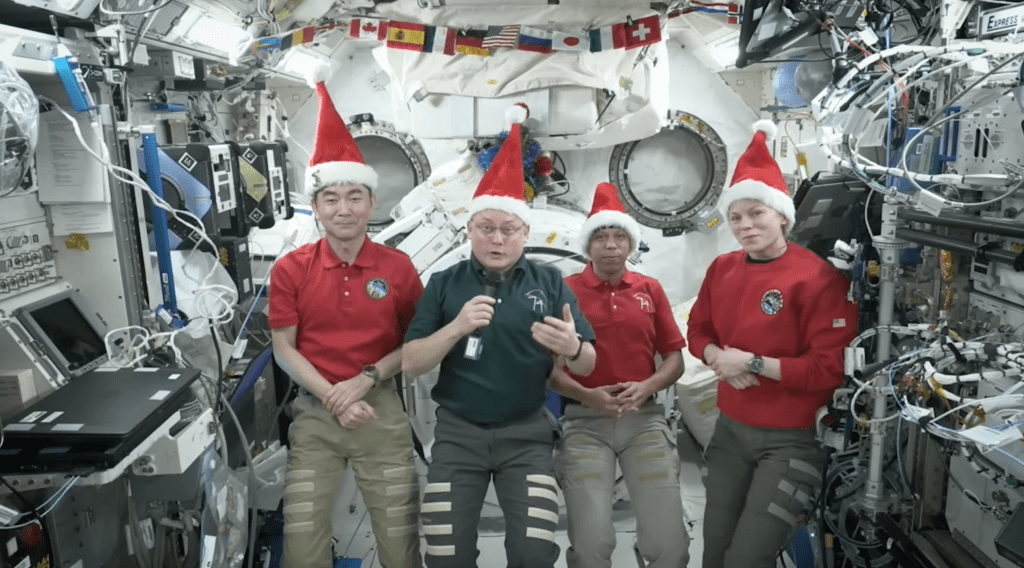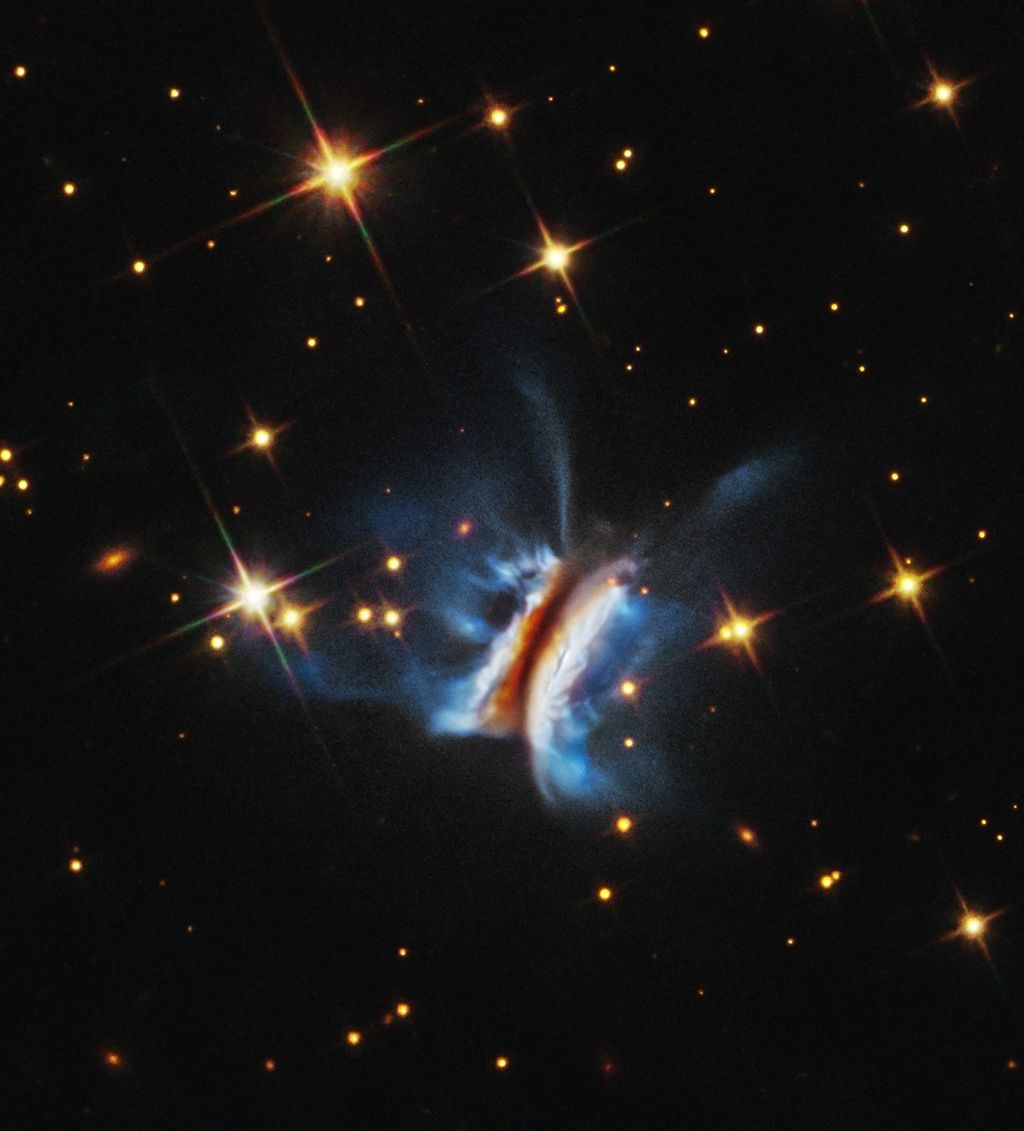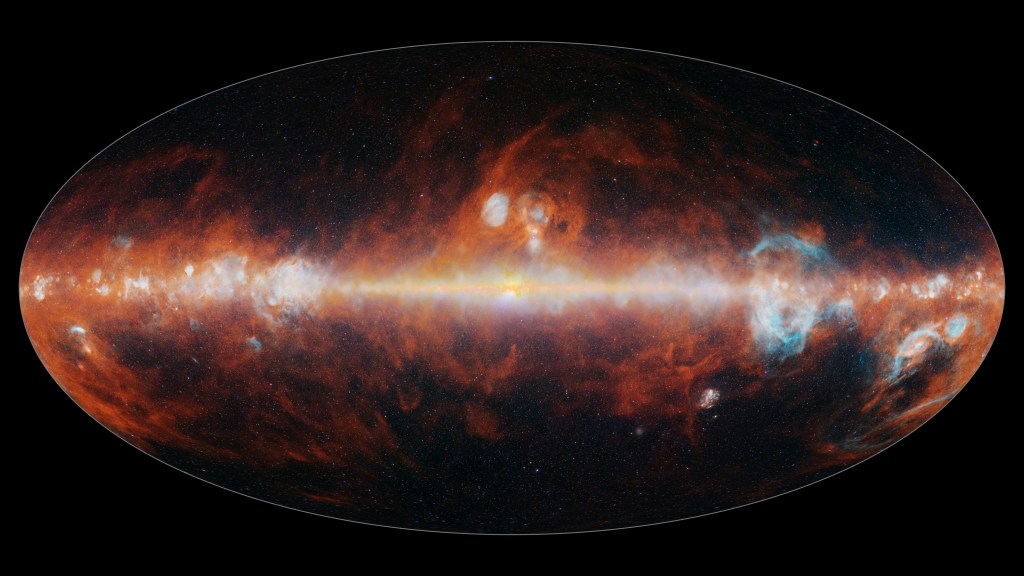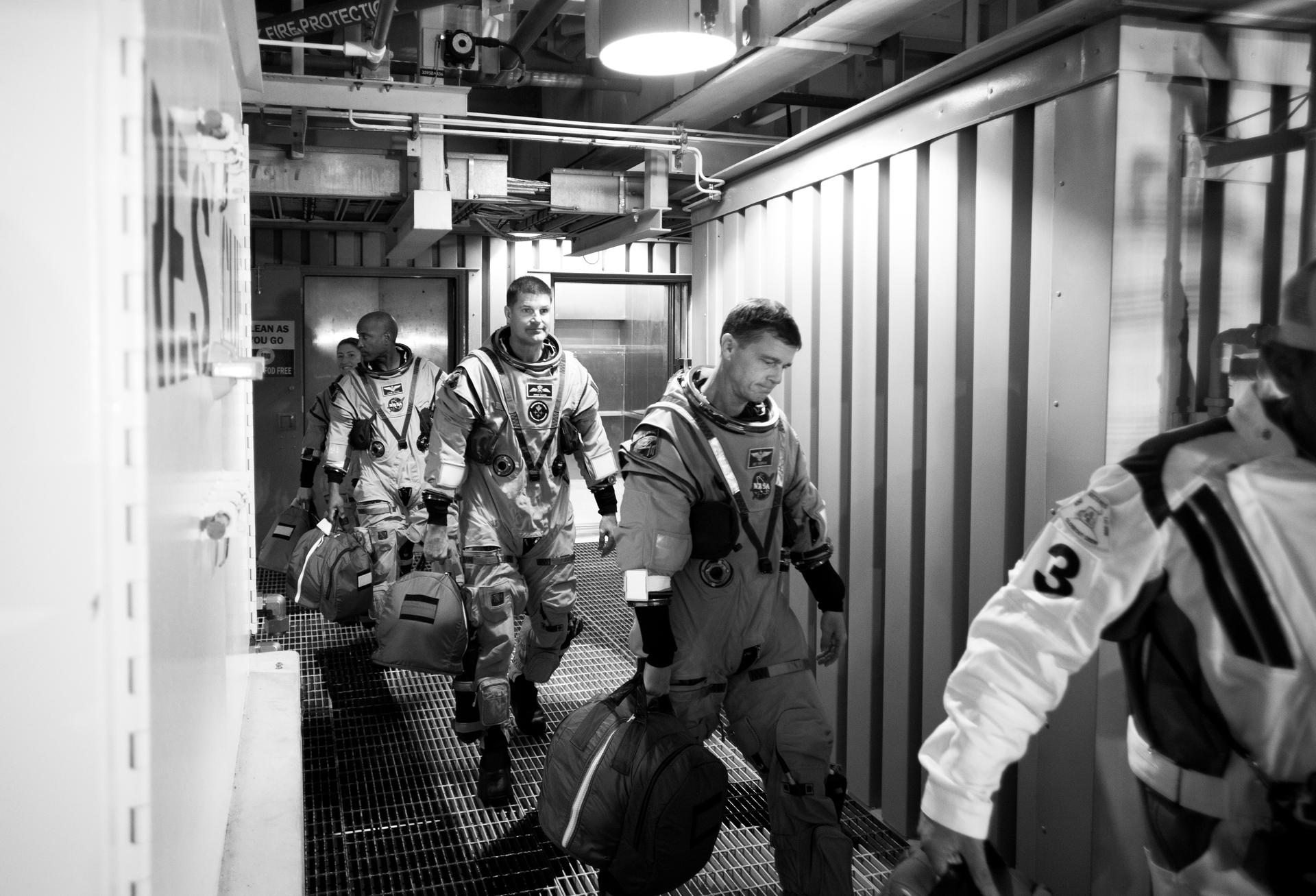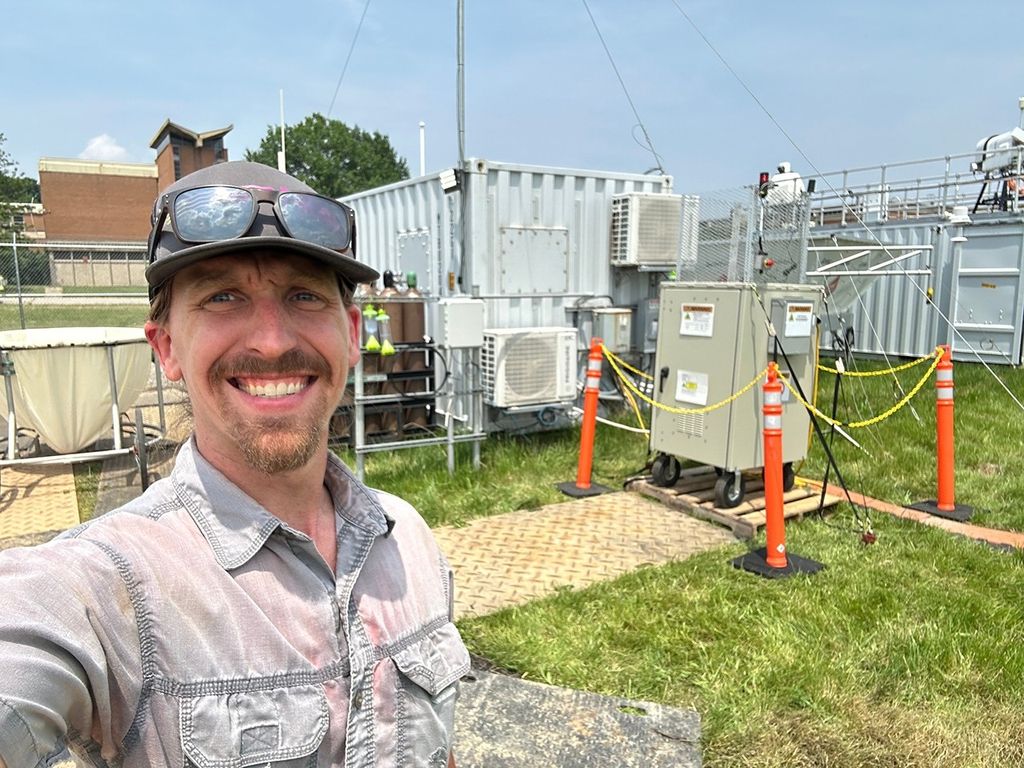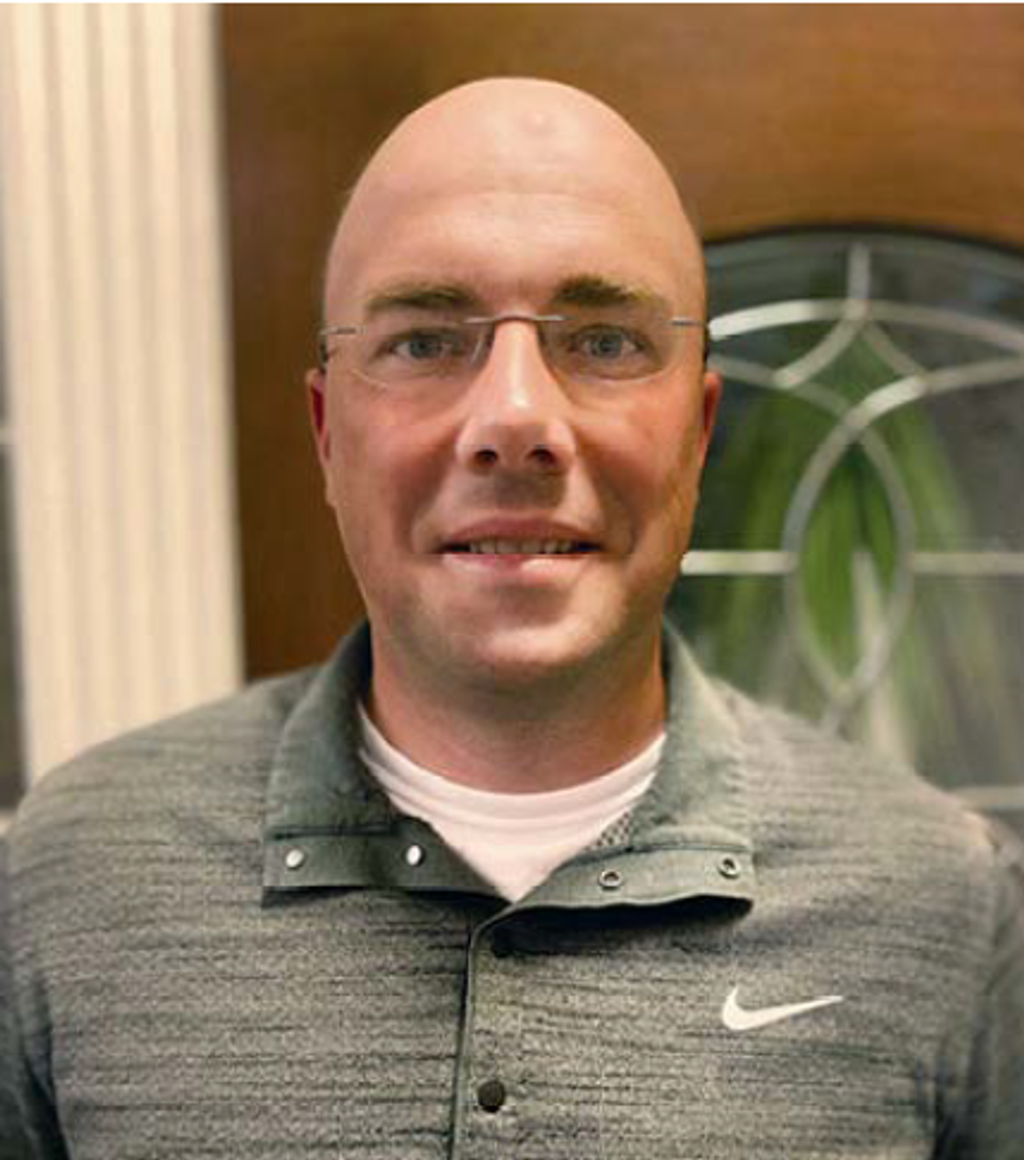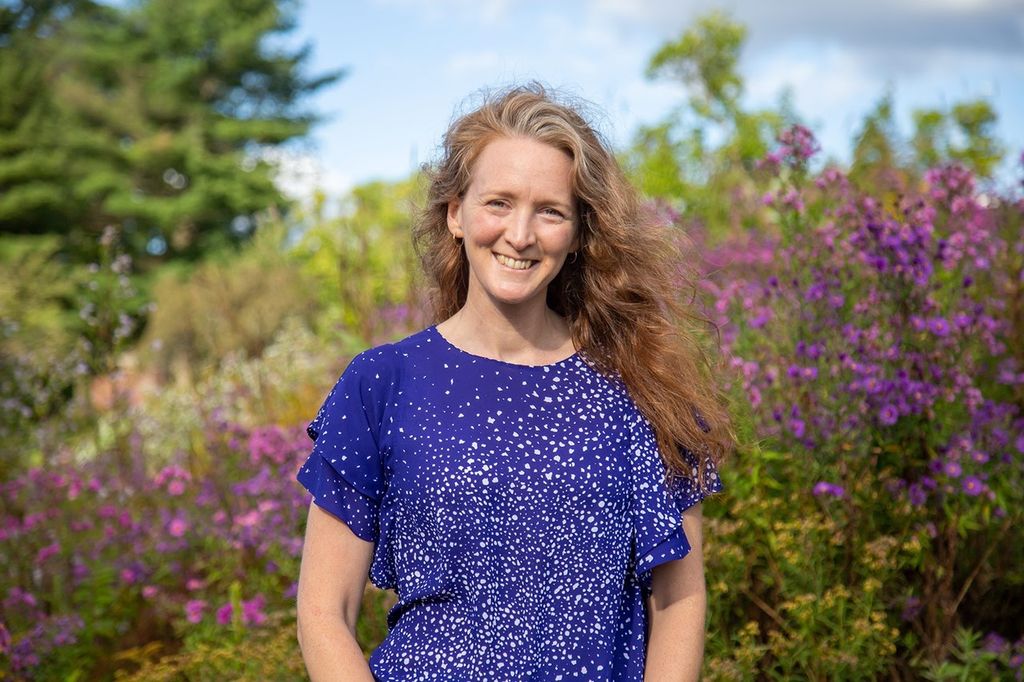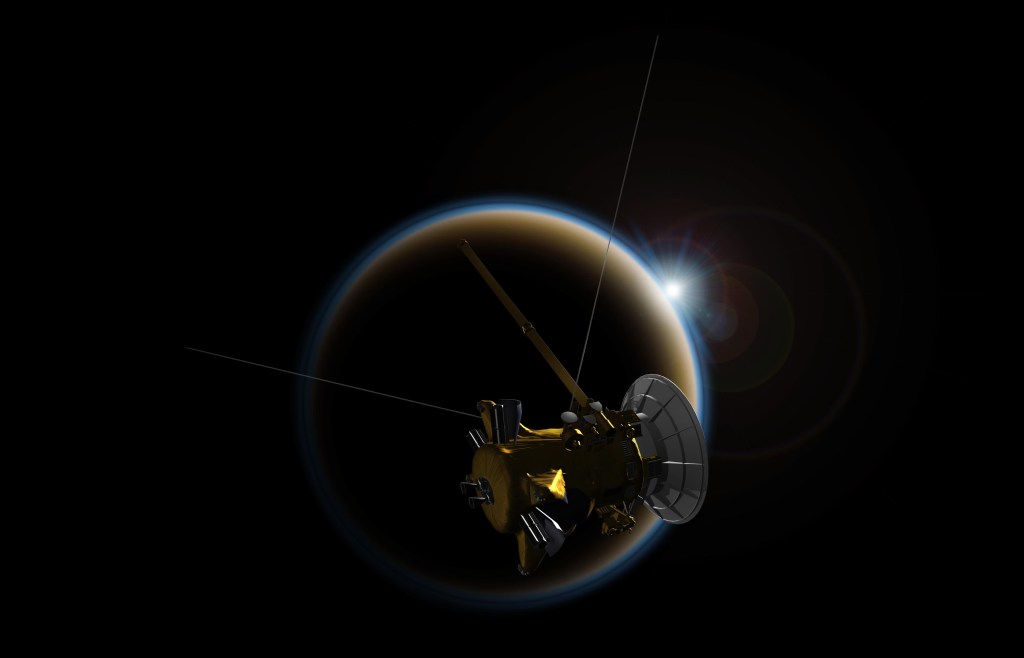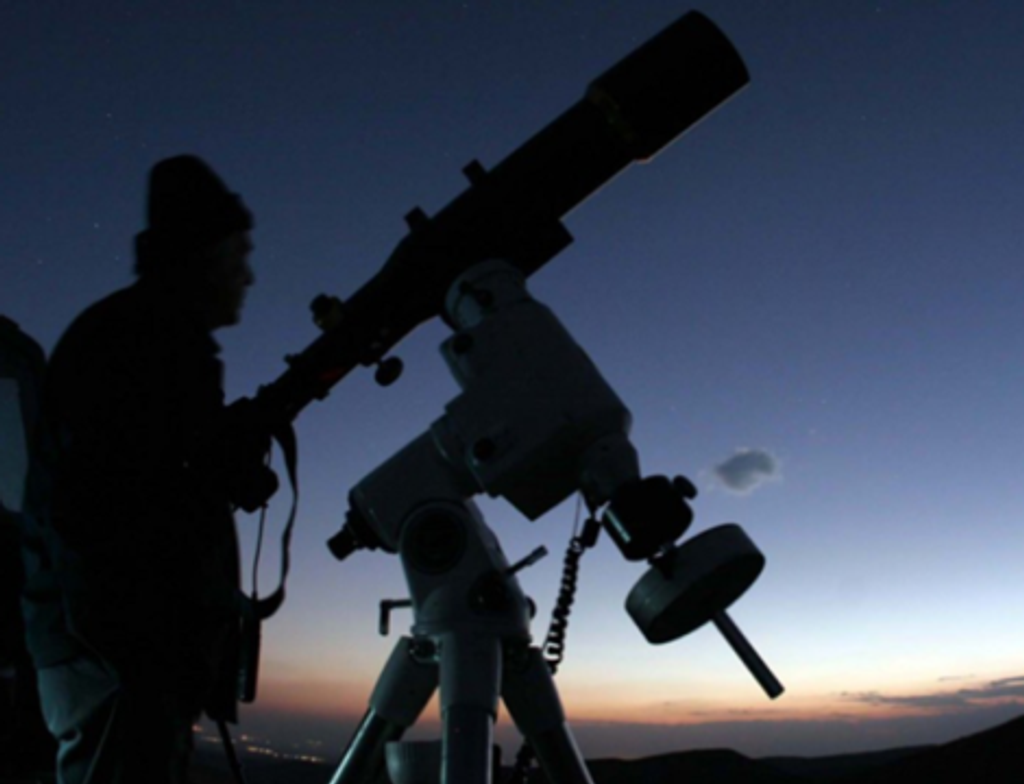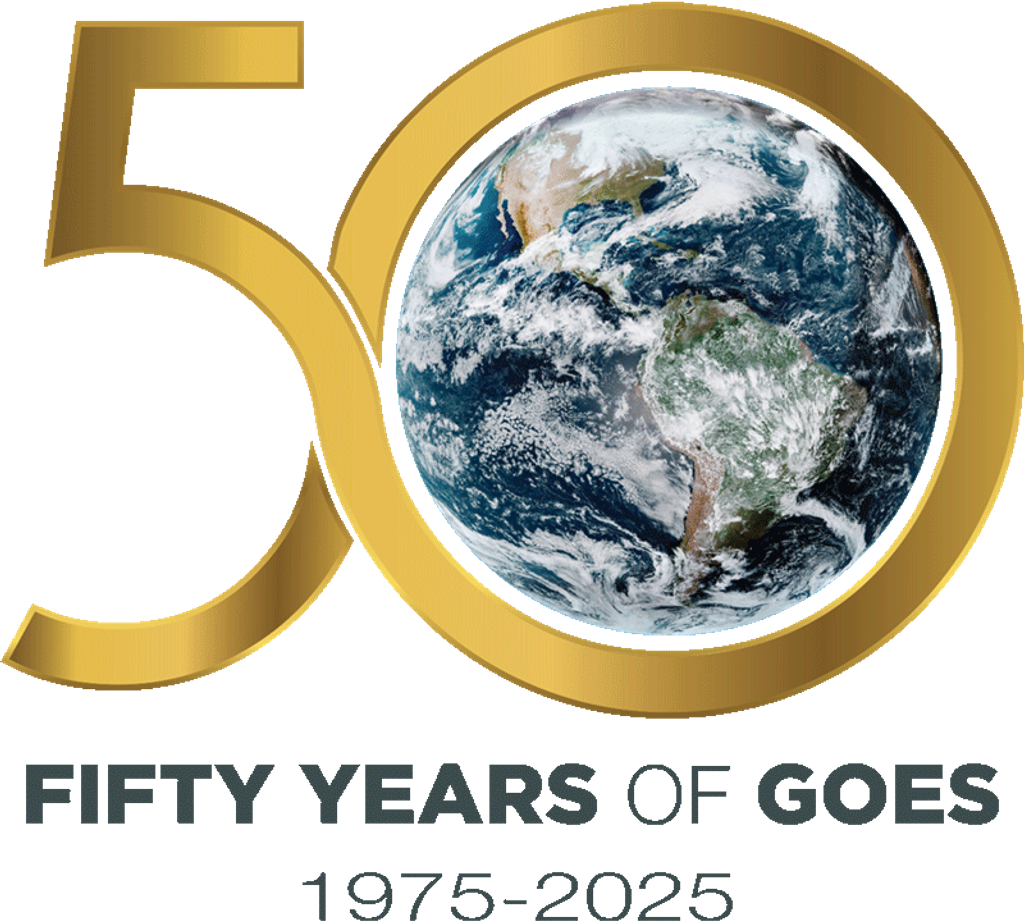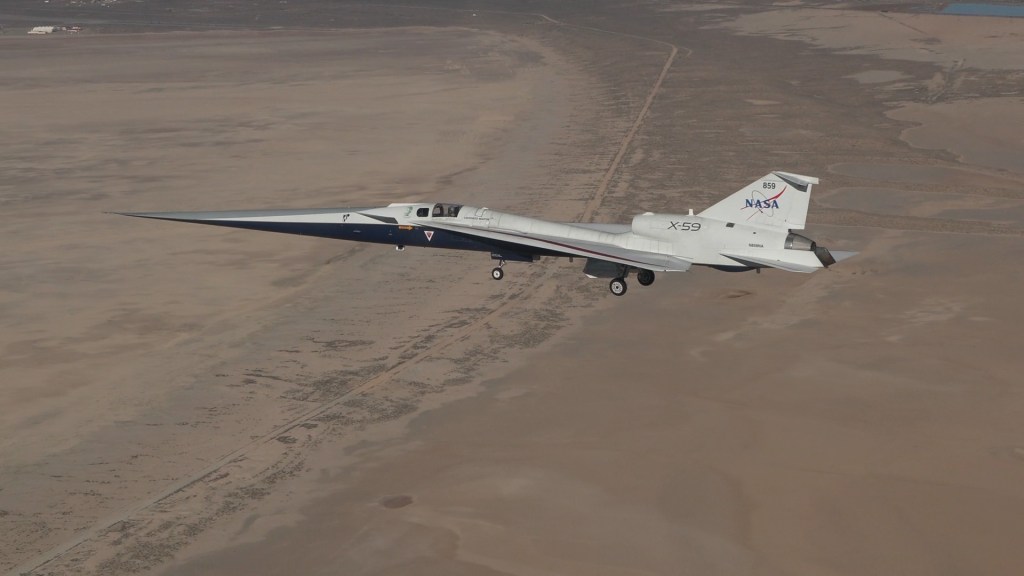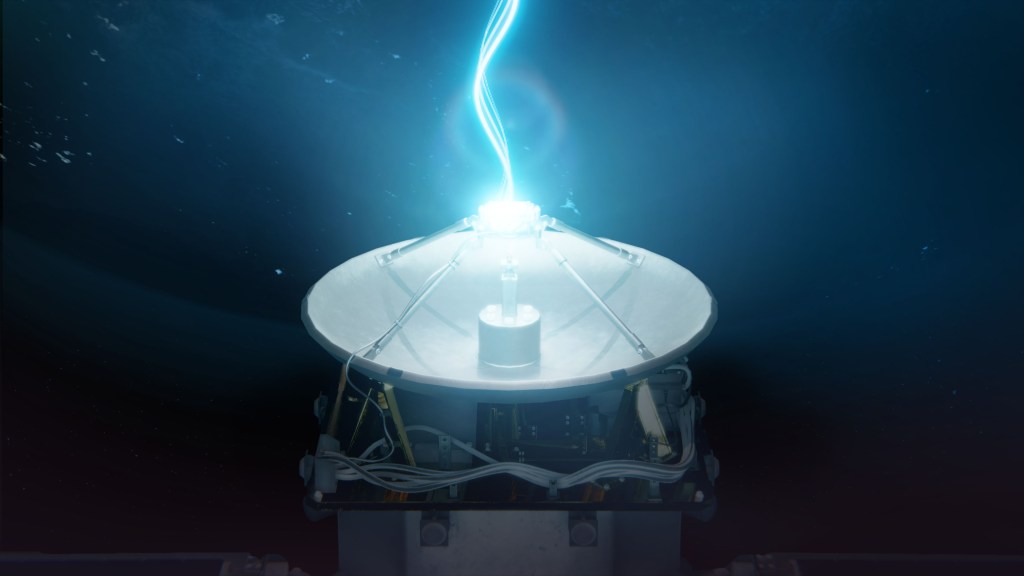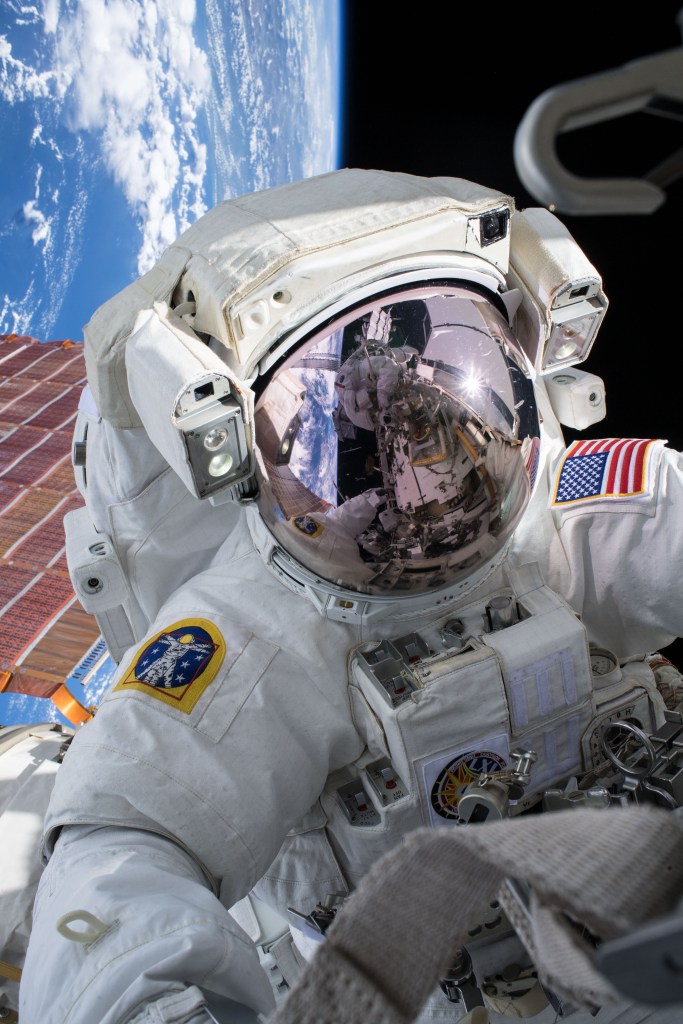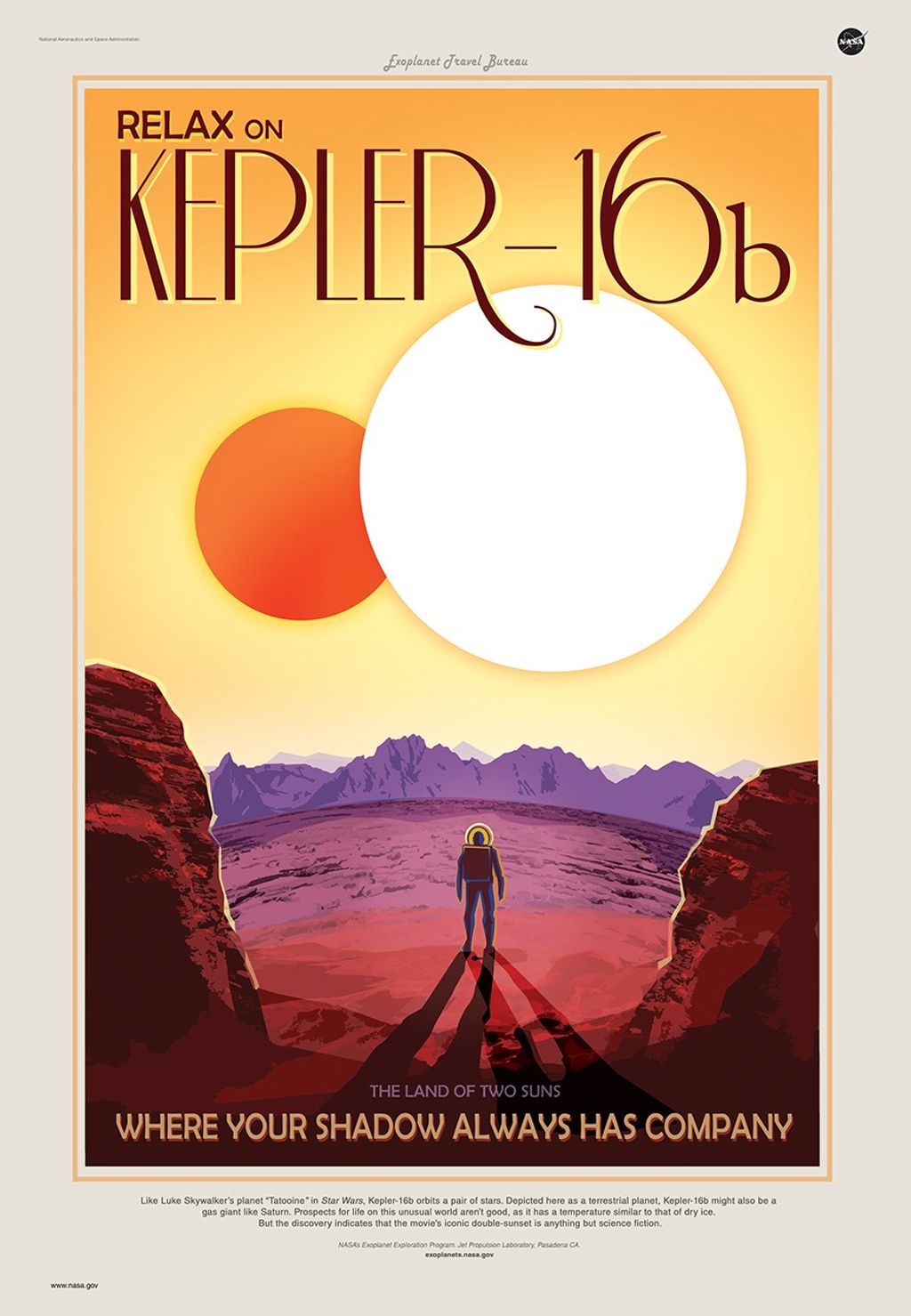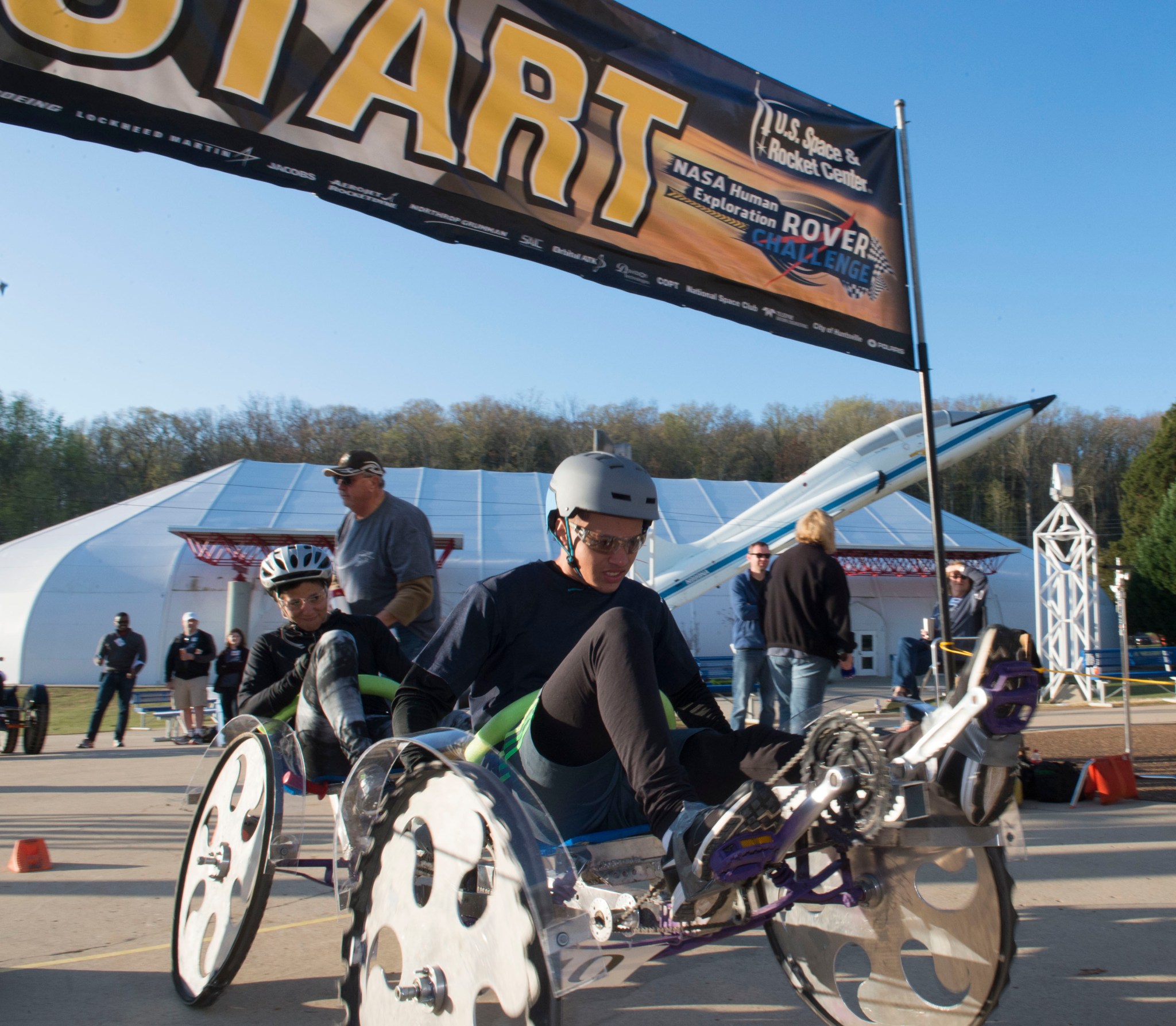Teams from around the globe will compete April 13-14 in NASA’s Human Exploration Rover Challenge at the U.S. Space & Rocket Center in Huntsville, Alabama.
The competition, hosted by NASA’s Marshall Space Flight Center in Huntsville, challenges high school and college teams to design, build and test human-powered roving vehicles inspired by the Apollo lunar missions and future exploration missions to the Moon, Mars and beyond.
More than 100 teams are expected to participate, including teams from 23 states, the District of Columbia, Puerto Rico, and several countries, such as Brazil, Germany, India and Mexico.
Entering its 24th year of competition, the rules and challenges for Rover Challenge have been redesigned in 2018 to better simulate a real exploration mission. Once focused on the fastest time, this year’s competition will challenge teams to complete 14 obstacles and five tasks throughout the 0.50-mile course, with a six-minute supply of “virtual” oxygen.
The obstacles will simulate the terrain found throughout the solar system, and the tasks will challenge teams to collect and return samples, take photographs and plant a flag. Teams must decide which tasks and obstacles to attempt or bypass before their clock expires.
“NASA is committed to inspiring students in the STEM fields of science, technology, engineering and mathematics. This competition challenges our next generation of explorers to solve the problems encountered during an exploration mission,” said Mona Miller of Marshall’s Academic Affairs Office. “It’s amazing to see what these bright, young minds can accomplish.”
Each rover will be driven by one male and one female team member, and teams will compete for the top three finishers, best overall design, rookie team and other technical challenges. Corporate sponsors will present the prizes following the competition at the annual awards ceremony.
Major corporate sponsors include: The Boeing Co.; Jacobs Engineering; Lockheed Martin Corp.; and Northrop Grumman Corp., all with operations in Huntsville.
Other contributors include: Aerojet Rocketdyne, headquartered in Sacramento, California; Aetos Systems of Huntsville; AI Signal Research Inc. of Huntsville; the American Institute of Aeronautics and Astronautics, Greater Huntsville Section; the City of Huntsville; Corporate Office Properties Trust, headquartered in Columbia, Maryland; Currie Systems of Huntsville; Davidson Technologies of Huntsville; Geocent of Huntsville; Huntsville/Madison County Convention & Visitors Bureau; International System Safety Society, Tennessee Valley Chapter; the National Space Club of Huntsville; McDonald Scales Inc. of Huntsville; MSB Analytics Inc. of Huntsville; MTS Inc. of Huntsville; National Defense Industrial Association, headquartered in Arlington, Virginia; Orbital ATK of Dulles, Virginia; Redstone Federal Credit Union of Huntsville; Science Applications International Corp. of Huntsville; Teledyne Engineering of Huntsville; the Tennessee Valley Chapter of the System Safety Society; the U.S. Space & Rocket Center; United Research Services of San Francisco; and the University of Alabama in Huntsville.
Teams will arrive in Huntsville April 12 for on-site registration, with the race taking place 7:30 a.m. to 5 p.m. CDT both Friday, April 13, and Saturday, April 14. The two-day event and awards ceremony will be broadcast live on a variety of streaming platforms, including Facebook Live, Periscope and Ustream.
Katherine Brown
Headquarters, Washington
202-358-1288
katherine.m.brown@nasa.gov
Angela Storey
Marshall Space Flight Center, Huntsville, Alabama
256-544-0034
angela.storey@nasa.gov

